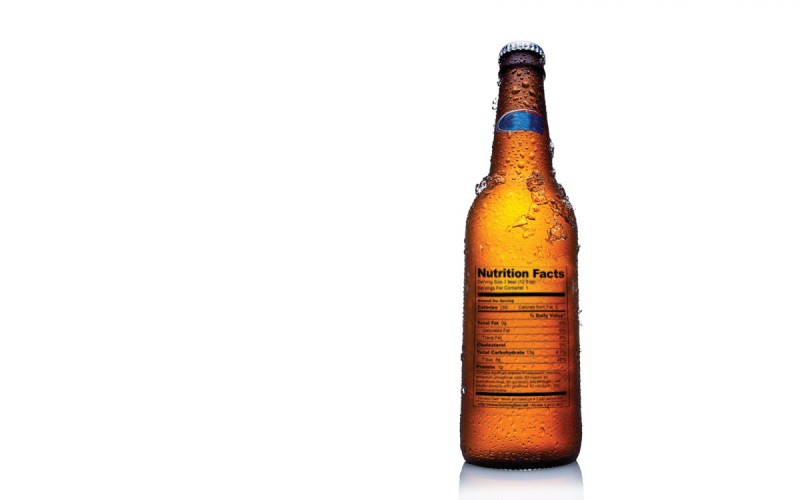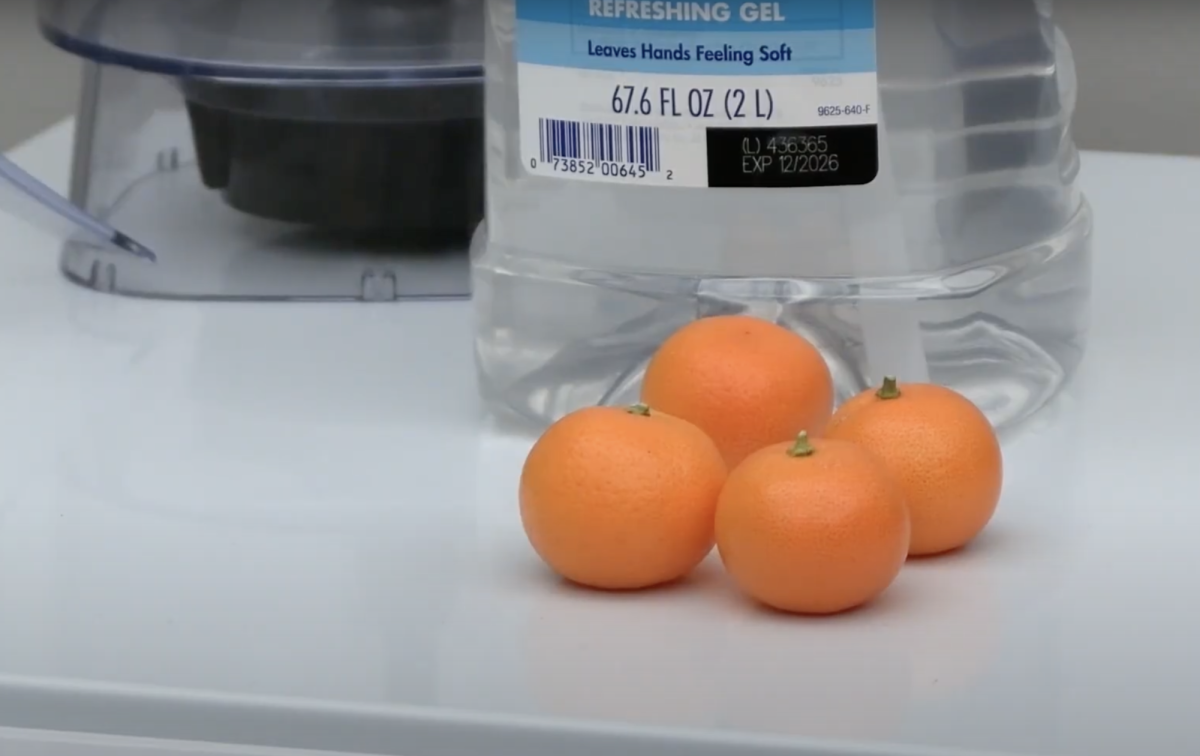
Photo by Randy Rataj
The U.S. Alcohol and Tobacco Tax and Trade Bureau (TTB), proposed a law to require nutrition labels on alcoholic beverages in 2007, according to ABC News. No decision has been made yet, so a temporary law was recently set into place until the TTB can make a final decision. The temporary law allows beer, wine and spirit companies to add a label including serving size, servings per container, calories, carbohydrates, protein and fat per serving, according to the Huffington Post.
With obesity rates skyrocketing, I’m not sure why it’s taking so long for the TTB to decide if consumers have the right to know the nutritional information behind what they are consuming. Six years in debate over what seems like a clear issue, and all the TTB has to show for it is a temporary law.
The issue goes beyond a lack of decisiveness. Why should alcohol companies be the ones to decide if we can see nutrition facts? Voluntary labeling gives alcohol companies too much influence in our personal health.
Consumer groups are pushing agencies toward nutrition labels because they believe alcohol should have the same transparency as packaged foods, according to the Huffington Post. They’re right. It is just as important to take liquid calories into consideration as solid food.
It may come as a shock that many alcohol companies, much like consumer groups, have been lobbying for nutrition labels for a decade, according to the Huffington Post. But these alcohol companies aren’t looking out for public health.
Nutrition labels open up a world of new marketing strategies.
Low-calorie beer companies can now use the nutrition information associated with their product to target people trying to lose weight and, in turn, increase their profit margins, according to ABC News.
In 2003, low carbohydrate diets were all the rage. Alcohol companies wanted to advertise the “low carbohydrate” products they carry and possibly increase sales, according to the Huffington Post.
As of now, the labeling remains on a volunteer level and companies can pick and choose what they decide to label, based on their own motives. Gladys Horiuchi, spokesperson for the Wine Institute, said she doesn’t know of any wine companies intending on using a nutrition label. The Wine Institute supports this new rule, but doesn’t think it applies much to them. They said such information is not a key factor in consumer wine purchases, according to the Huffington Post.
While this may be true, a company shouldn’t be the one to decide what the key purchasing factors for consumers are; it should be the consumers themselves. Consumers should be given all the information necessary in making their purchase. Then, they can decide which factors are most important to them. For some, nutrition information is crucial.
Nutrition labels should be pushed for because we should know what we’re consuming. We shouldn’t allow large alcohol companies to turn our personal health into a new business approach. It should not take agencies like the TTB years to decide what is our right to know.
Email Noor Ashouri at reporter10@unfspinnaker.com











